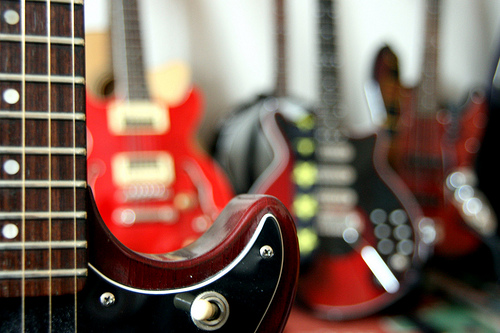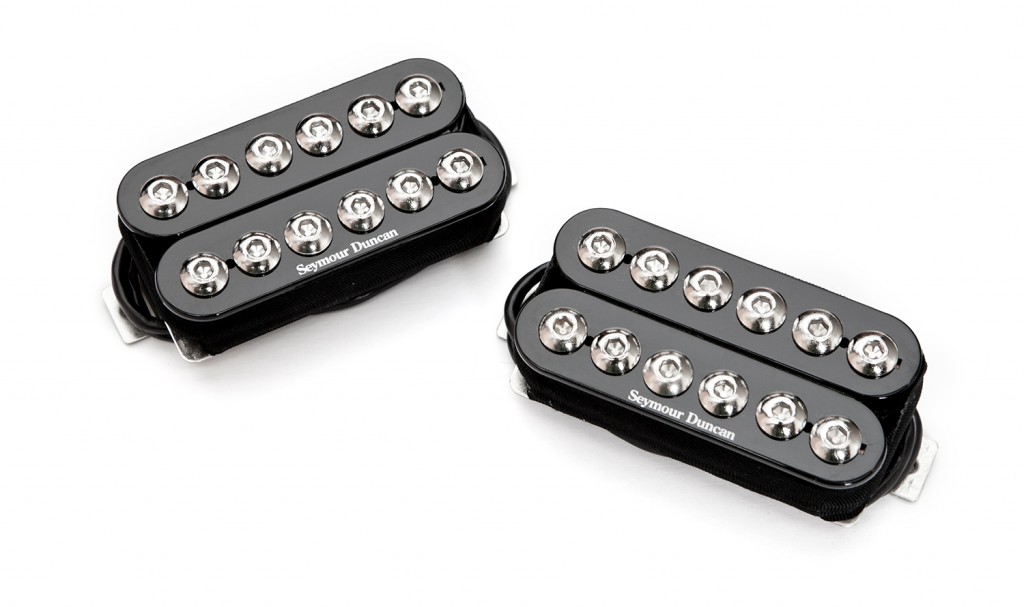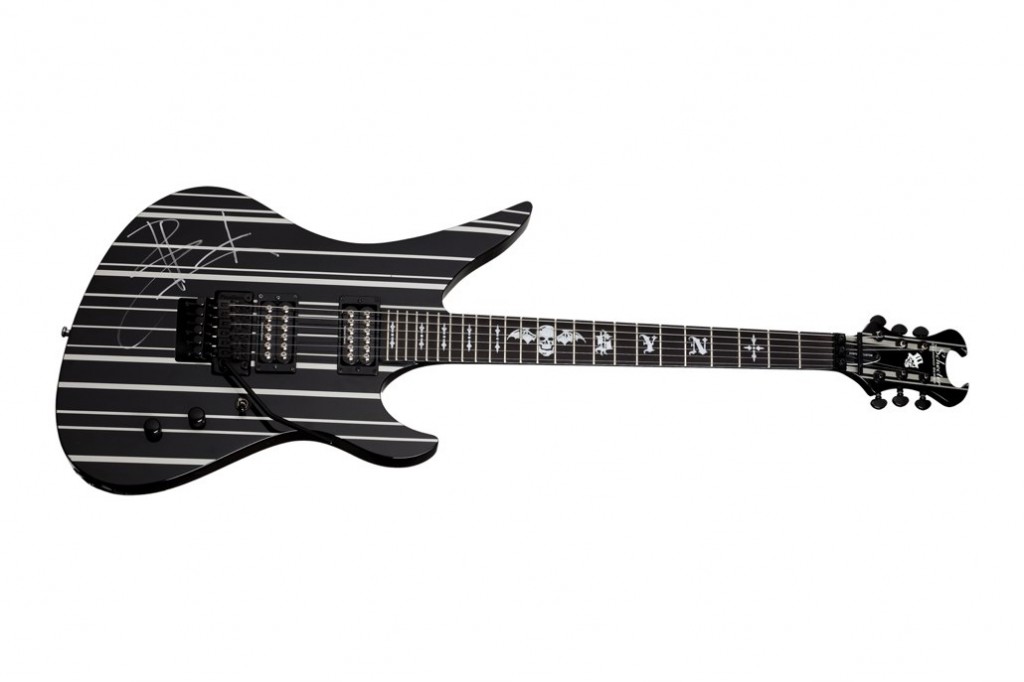
photo credit - comedy_nose
In Recording Your Guitar Pt.1 we talked about the hardware needed to get your guitars signal into a computer or mobile device for recording. Here in part two I’ll talk about the software side of the equation. I also wanted to clarify the fact that these articles are not meant to be a comprehensive guide to the subject. But rather a straight forward approach for those new to the subject, who may have tried to figure it out on their own, but were overwhelmed with the choices and technical issues. I’m also assuming you don’t have a ton of money to spend on this.
If you go somewhere like a guitar forum, or maybe r/guitar on reddit, and ask the question:”What’s a good, inexpensive or free program for recording guitar.” You’ll usually get the answers – Reaper, Audacity and Garageband. Here’s my take on those answers.
Reaper is a good solid, low cost DAW(Digital Audio Workstation). It has many of the same features and tools that the “Pro” level DAWs have, and because of that, the same amount of complexity. But if you don’t mind a little bit of a challenge, and you plan on doing more then the occasional recording, then Reaper is a perfectly good choice. One thing it lacks, that the more expensive DAWs have, is a lot of built in instruments and effects. So it may end up costing as much as those other DAWs if you want a lot of options in that area.
I wouldn’t recommend Audacity at all. It’s biggest shortcoming for me, is the fact that it cant use VST plugins. I believe that’s because there is a licensing issue in using the VST format which is owned by Steinberg. VST(Virtual Studio Technology) is a standardized software interface that allows additional effects and instrument to be added to most DAWs. Audacity is really more of an audio editor. Meant for editing a single audio file, not mixing and arranging a whole song. The best thing it has going for it, is that its free. But there are better free options for the guitarist wanting to do recordings and basic mixing.
Garageband is a program I can highly recommend. If you have a Mac, you automatically own it, and it’s great software. It has a nice assortment of built in instruments and effects. And is very guitar-friendly, having a number of built in amp and stompbox emulations. And if you find yourself really getting into recording and mixing, all your Garageband projects will open in Logic Pro. That’s because Garageband is basically a “lite” version of Logic. This is exactly the path I took and I’m very happy with it. But of course, this isn’t even an option if you don’t own a Mac.

So what do I recommend for the guitar recording newb? None of them. I think the easiest, and most fun program to learn to record guitar on is Riffworks T4. Riffworks, which is made by Sonoma Wireworks, is basically a “mini-DAW”, designed specifically for recording guitar. It comes with a lite version of Amplitube 2 and Studio Devil’s BVC, so right away you will be able to get some good tones. It also comes with it’s own built in effects like an envelope filter, compressor, delay, reverb and a really cool pitch shifter/multiband distortion. The pitch shifter is very similar to the EHX micro POG . It sounds great and tracks perfectly. You also get a built in drum track with some sample beats. You can add more from the Sonoma website.
The first time you run the program, a bunch of little bubbles pop up with info on how to get started. Including a link to a webpage with very detailed instruction on getting Riffworks connected to your computers soundcard. You only get four tracks to overdub to. But for building a basic track – drums, bass, rhythm guitar, lead guitar, that’s all you really need. And if you really need more, there is Riffworks Standard, which costs $129, though you can usually find it for $99, that has 24 tracks, can record in 32bit instead of 16 for better sounding recordings. And comes with nine studio drummers instead of T4’s one.
So take your guitar recording out of your cellphone, and start getting some good sounding tracks.





